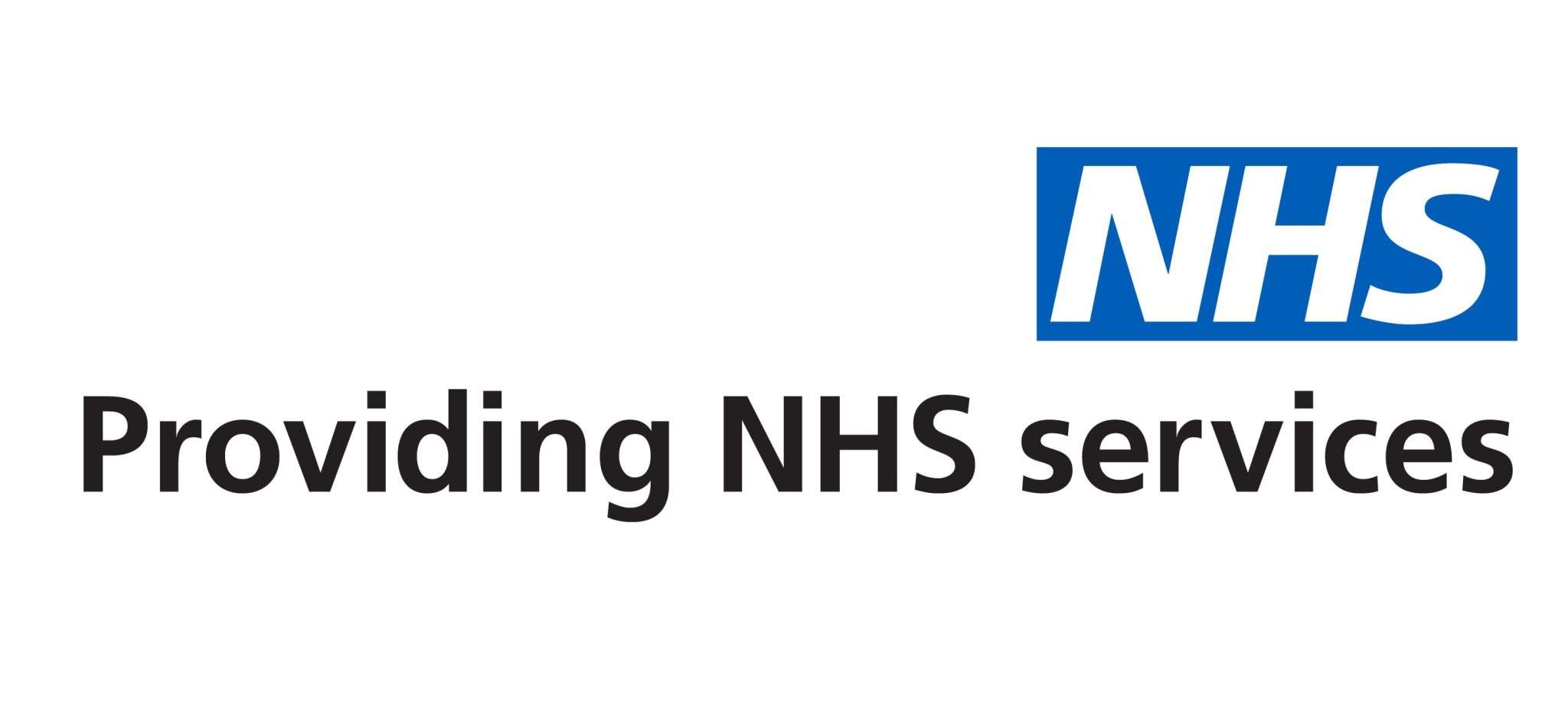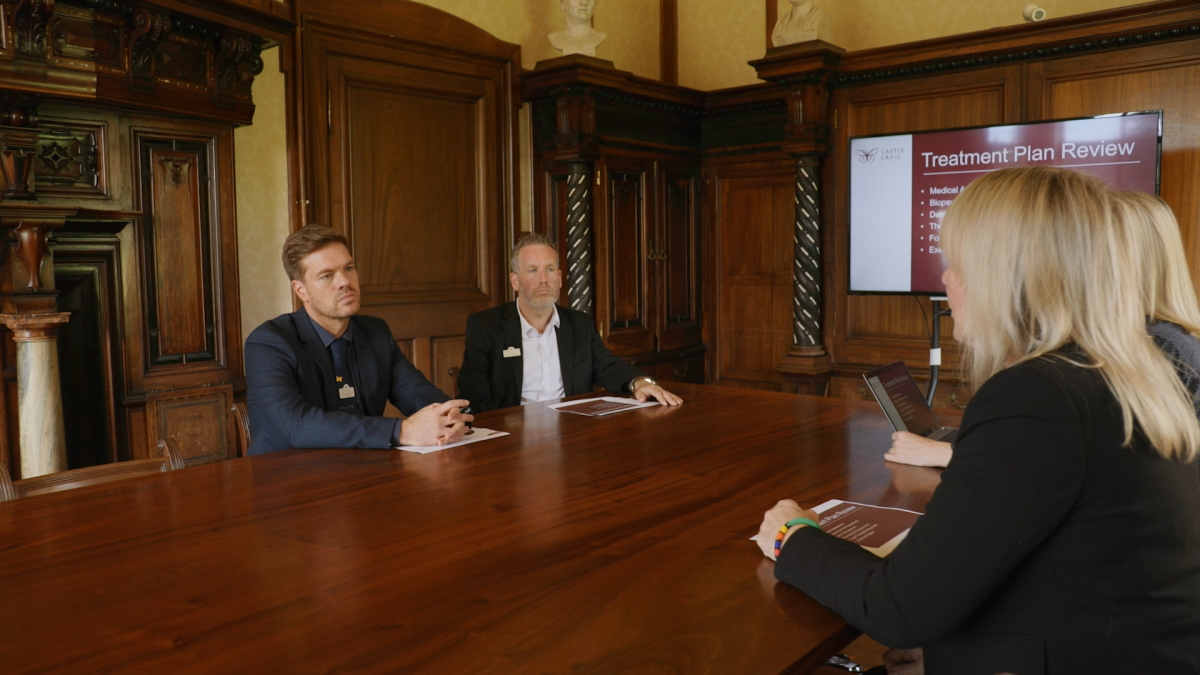
Trusted by the NHS
Will the NHS Pay for Residential Rehab?
The NHS runs outpatient addiction treatment services and limited quasi-residential addiction treatment services, but does not run a 24/7 residential rehab centre. Instead, the NHS offers funding for selected patients to attend private rehab centres, such as Castle Craig, which is chosen by the patient’s NHS drug and alcohol worker.
If you are considering residential rehab for alcoholism or drug addiction, you have likely considered funding your treatment privately or looking for a referral via the NHS. The NHS can fund some or all of an inpatient treatment programme, but due to high demand, limited resources, and a long waiting list, it will require some patience and commitment.
Although navigating the system can seem overwhelming at first, it is achievable with persistence, patience and support.
Castle Craig is an approved provider for the treatment of addiction, for NHS Boards across Scotland, England, Wales and Northern Ireland.

Castle Craig has worked with the various NHS health boards across the UK since we opened in 1988. While we are a private rehab centre, we allocate some spaces to NHS funded residential detoxification and NHS funded inpatient rehab, offering those in need of high-quality medical detoxification and an inpatient therapy programme, the chance of a lasting recovery from alcohol and drug addiction.
If you have tried community detoxification programmes and NHS outpatient therapy and are still struggling to stay sober from alcohol or drugs, then an intensive residential rehab programme of 6-12 weeks may be what you need to achieve a stable recovery.
How Can I Access NHS Detox and Addiction Treatment?

Applying for NHS Funded Detox and Rehab
The first step is knowing that the NHS recognises addiction as a disease, therefore if you’re an individual struggling with it, you have the right to alcohol and drug treatment.
Unfortunately, if you specifically want an inpatient addiction treatment programme, the process can take several months of meetings with outpatient practitioners at social services or public drug and alcohol rehab centres.
How to Improve Your Chance of Qualifying for NHS Rehab Funding

Keep All Records
Before you formally seek a referral for addiction treatment, establish a clear timeline of your addiction and document any steps you have taken to address it. This includes attendance at support groups, appointments with counsellors, GP appointments, notes from relevant conversations with social services.
By doing so, you will be able to prove that your struggle with addiction has been ongoing and you have been unable to stop yourself, and that you are truly committed to recovery. We recommend asking a friend or family member to help with this, as this can be challenging when you are in active addiction. This will help make your case for free NHS addiction treatment when the time comes and improve your chances of being taken seriously.
Register with Local Drug and Alcohol Support Services
You need to sign up with your local NHS drug and alcohol support services which will guide you through the rest of the process. This can be done by contacting your GP, a social worker, or by visiting the NHS website if you are in England, or the Scottish Drugs Services website or the Drug and Alcohol Northern Ireland website. to find your local NHS service. In some areas, you can also self-refer by contacting a local addiction centre.
When you finally meet with a member of your drug and alcohol addiction team, be prepared for a thorough assessment, which will determine the next steps you must take, which generally involves participation in individual and group talking therapies, or joining local support groups.
Keep in mind that the referral process may take some time, as there are often long waiting times to get an appointment with a case worker and you will need to travel to various different addresses in your locality. In addition, each jurisdiction within the UK has its own operational standards, so the experience will vary from region to region.
If you are committed to recovery from drug and alcohol addiction and interested in joining Castle Craig’s inpatient addiction treatment programme, call us and we will answer any questions you have or point you in the right direction.


Respect the Recommendations
From this point, understand that your case worker is your ally and is there to help you get the treatment you need. Hence, it’s important to respect them and their recommendations.
After an initial assessment, which will take into consideration your medical history, housing situation, and history of drug and alcohol misuse, the caseworker will recommend one or more community addiction treatments. This may include joining a 12-step support group such as Alcoholics Anonymous or Narcotics Anonymous, or attending individual therapy sessions. If you are suffering from severe withdrawal symptoms, they can help you work with a doctor to arrange for a drug or alcohol detox with medical supervision.
Even if you have tried these methods before unsuccessfully, it will be necessary to follow the recommended procedure because this time, you will have someone guiding you through it all. Think of it as a fresh start.
Show Commitment
One of the reasons it is important to respect the case worker’s advice is because they will be assessing how you respond to treatment as well as how devoted you are to recovery. Before you will even be considered for rehab funding, you will need to show that you are willing to put in the effort, thus proving you are committed to getting better.
In evaluating your situation, your caseworker will need to prove that you have tried all community-based treatments without success and showed a strong desire to change and maintain recovery. Then, they will finally be able to apply for funding at a rehab on your behalf. This can take some time, which is why patience and perseverance are key here.


Who Can Apply?
Any UK citizen or resident eligible for NHS services has the right to access alcohol and drug addiction treatment. However, to receive funding for treatment at a residential rehab such as Castle Craig, you will need to meet certain criteria to qualify.
Because NHS rehab funding is limited, to justify your eligibility, you will need to meet the strict criterion of showing discipline and a clear commitment to recovery. This is why it is so important to keep a good record of your treatment history and adhere to your case worker’s recommendations.
However, even in the best-case scenario, the application process can be long and sometimes complicated, which is why we advise seeking out alternative treatment options in the meantime.
If You’re Accepted for NHS-Funded Treatment
Once you are approved for NHS rehab treatment funding, your addiction worker will get in contact with Castle Craig to start the admission process.
After an initial assessment of your needs and goals, our team can give you a better idea of what you can look forward to. If necessary, you may receive a follow-up call from our consultant psychiatrist or one of our medical staff so we can assure you get the best treatment possible.
Upon mutually agreeing on your personalised treatment plan, we’ll set a warm welcome date for your arrival and provide you with all the necessary instructions. At Castle Craig, we understand that it took a lot of time and effort to get to this step, which is why we strive to make the process as simple and stress-free as possible and will be there to guide you every step of the way.
Although the standard treatment programme features the same benefits and amenities for everyone, it is worth noting that NHS funding does not cover continuing care services. Castle Craig, however, understands the importance of aftercare in recovery so we offer other options such as a free weekly aftercare group, referrals to free alcohol and drug addiction organisations and local support groups. We can also advise on arranging continuing care separately via self-payment or private insurance.
What Happens if My Application for NHS Funding is Unsuccessful?
Should your NHS funding application not be approved you can try to apply again and in the meantime, however, you should look into other options such as:
- Charitable drug and alcohol organisations such as Change, Grow, Live and Forward Trust,
- 12 Step support groups such as Alcoholics Anonymous and Narcotics Anonymous,
- Outpatient addiction treatment programmes.
Every recovery journey is different and there are various paths to explore.
If you are committed to staying at Castle Craig’s residential rehab facility, there are alternative avenues available. Being a private rehab, we accept private health insurance as well as self-funding. The total cost will vary depending on the length of your stay and our private programme includes 24 weeks of online outpatient therapy after you leave.
At Castle Craig, we believe in offering personalised solutions to ensure you receive the care and support you need. Feel free to consult with us to see what options are most suitable for you.
Experts You Can Trust
With a wealth of knowledge and services to help you regain control of your life, request a call-back from one of our professionals today. The choice you make today could change your life forever.